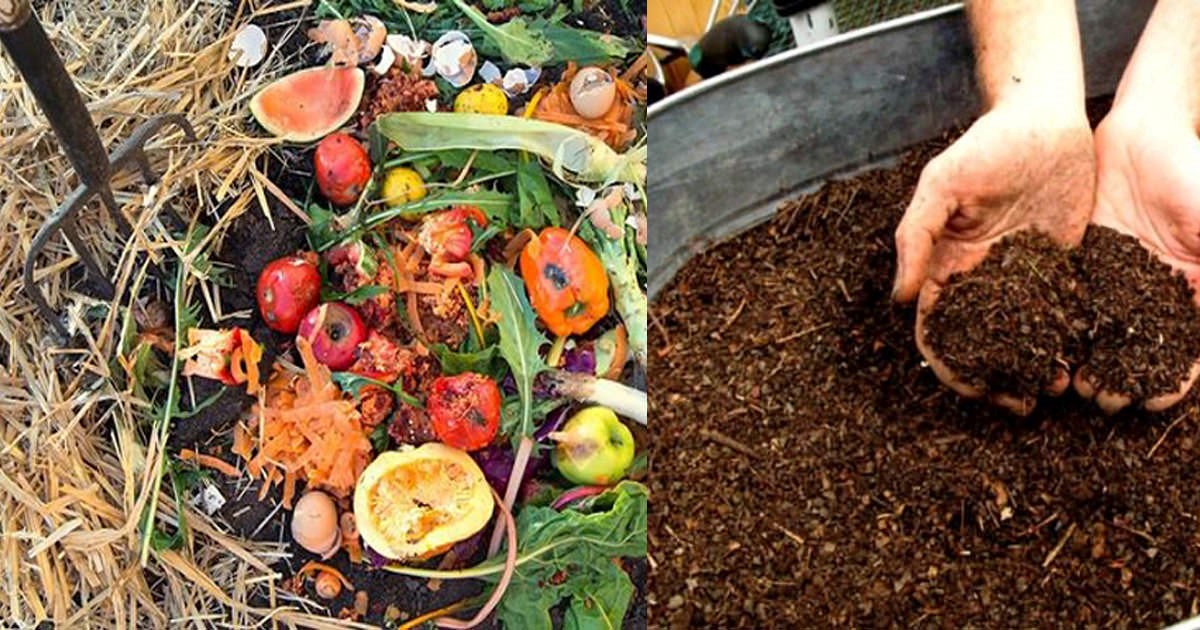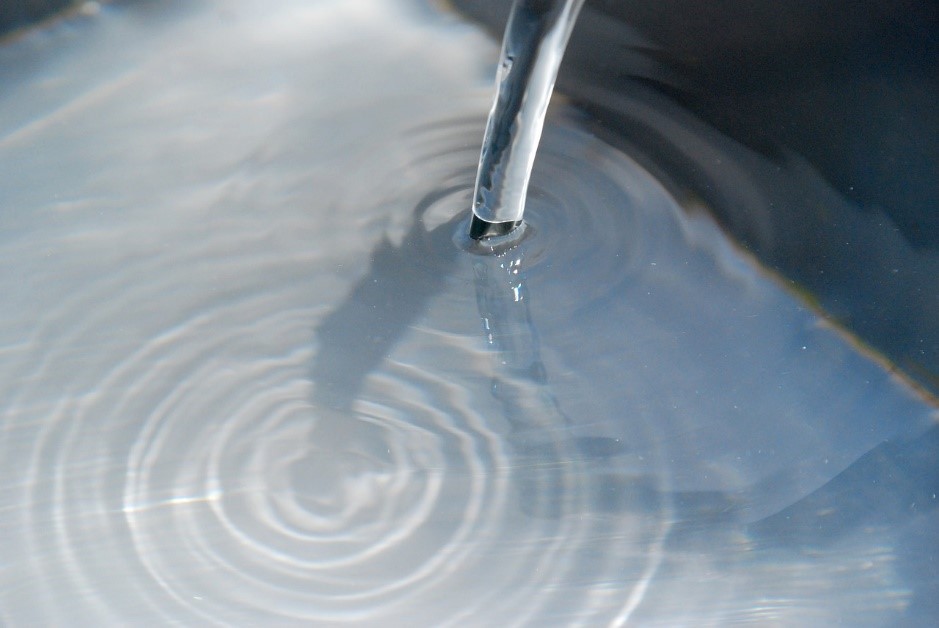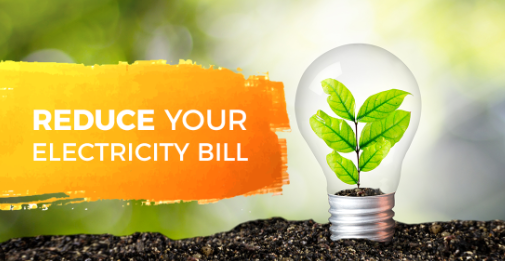We are fortunate to live in an era dominated by technology and innovation. Smart technology, transportation efficiency, and useful applications are everywhere, making it easier for all of us to live more efficiently. So, with all these amazing innovations, it should be easier than ever to live greener. Here are some low-cost changes you can make straight away:
Lower your Thermostat
Adopt the habit of lowering the temperature on your thermostat when away from home. Dropping temperatures by only three to five degrees will reduce your monthly electricity bill and use less energy.
Start Composting
You don’t need a lot of space in the backyard to start a compost heap. Compost is the result of organic waste stored in piles or containers that decompose over time. Not only does your fruit and vegetable waste become valuable fertilizer for your yard or garden, but it also reduces the amount of waste that you produce every day.

Consider a briquetting machine
These machines turn your biomass into useful briquettes that can be used for forms of renewable energy. For more information on Briquetting Machines, visit https://iwmachines.co.uk/en/products/briquetting-machines
Seal All Windows
Go further by sealing air leaks in and around the windows in your home. If your windows are windy, consider adding weatherstrips around the frame. Add silicone beads on top of every gap in your drywall or apply a shrinking film to your window. Closing gaps is an easy and inexpensive way to reduce energy costs.
Limit the use of space heaters
Although portable electric and gas heaters are great for keeping you toasty on cold nights, they are not very efficient appliances with which to heat your rooms. A lot of these heaters use up to 1,500 watts of energy to operate and thus, a pretty pricey way to use energy. Make sure your heating model is energy efficient; consider lining your curtains or investing in blankets instead of lifting your thermostat.
Turn off unnecessary water
The average household wastes an astounding amount of water. Massive savings can be made by making slight changes to the household’s water usage. Be aware of running water when brushing your teeth or shaving. Also, bathing usually uses 75 gallons of water compared to showers that use an average of around 17.2 gallons. You should also avoid running half-full laundry in your washing machine. Full load means more clothes are washed at once, which in turn saves water (and money).

Replace incandescent lightbulbs
You’ll no longer find manufacturers producing 60- and 40-watt incandescent lamps. However, that doesn’t mean we are being forced to live in the dark! Halogen bulbs, compact fluorescent lamps (CFLs) and light-emitting diode (LED) lamps offer light that is more durable and more energy efficient than your old incandescent bulbs. Because the average home uses 40 bulbs, switching to a greener bulb is a great way to save on your electricity bill.



